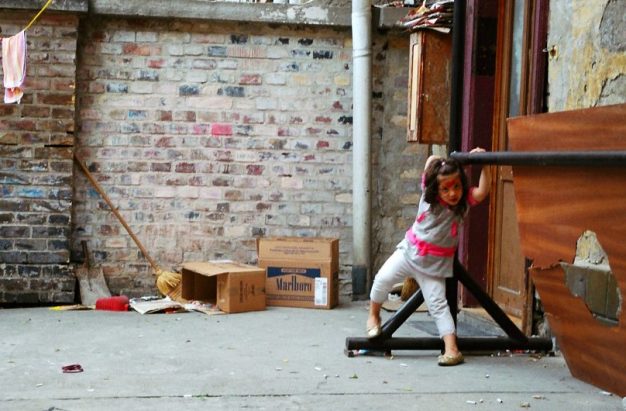
Half of children in UK lone parent families are ‘living in poverty’
A decade of austerity-driven cuts to the UK welfare system means that half of all children from lone parent families are now living in ‘relative poverty’.
Single parents are among the most vulnerable groups affected by the huge rises in the cost of living, and as a result many are struggling to provide the basics, such as feeding their children and heating their homes.
Relative poverty is defined by having an income of less than 60 per cent of median incomes adjusted for household size, and that’s the position that 49 per cent of lone-parent families found themselves in in the year leading up to the first Covid outbreak.
That’s according to the Institute for Fiscal Studies (IFF). which has released some early findings from its annual report into living standards, poverty and inequality. Respite which arrived as a result of temporary increases in benefits introduced during the height of the pandemic has now largely dissipated, meaning that poverty rates have rebounded.
The IFF report reveals that relative poverty for children of lone parents rose by nine percentage points between 2013-14 and 2019-20, from 40 to 49 per cent. By contrast, relative poverty for children in two-parent families rose by only two percentage points over the same period.
‘Poverty rates have rebounded’
The implication is that the incomes of lone parents fell further behind those on average incomes during the recovery from recession, and further behind the incomes of two-parent families. In 2019-20, 1.5 million children of lone parents were in relative income poverty. Children of lone parents accounted for around a fifth of all children (22 per cent), but around a third of all children in relative poverty (36 per cent).
Jonathan Cribb, Associate Director at IFS and an author of the report, said: “Rises in employment pushed up incomes of lone-parent families in the years running up to the pandemic, but cuts to state benefits and tax credits reduced their incomes. The combined effect was that there was no progress in reducing absolute poverty in lone-parent families between 2010 and 2019, and their incomes fell further behind those on average incomes.”
The full report, which is funded by the Joseph Rowntree Foundation, will be published on 14 July.




